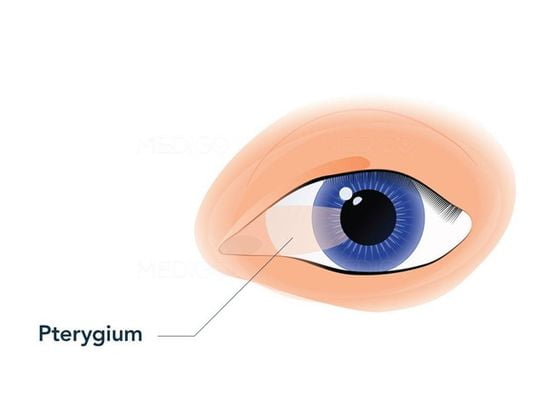ABOUT CATARACT SURGERY
Cataracts are cloudy patches in the lens of the eye that are common as a result of aging. Cataract removal surgery is recommended for patients who experience impairment to vision and are sensitive to light as a result of the cataract. The surgery involves the removal of the natural lens and it is most commonly replaced with a synthetic lens.
Patients are likely to become aware that a cataract has developed sometime before surgery is required. For most patients, cataracts are spotted at a routine eye exam but do not interfere with the patient’s vision for many years.
Recommended for
- Cataract(s) that impair vision
TIME REQUIREMENTS
- Number of days in hospital: 1.
Overnight stay not required.
- Average length of stay abroad: 2 – 3 days.
Patients can usually fly soon after cataract surgery, but should take precautions to avoid dryness in the eye.

COMPARE CATARACT SURGERY PRICES AROUND THE WORLD
HOW TO FIND QUALITY TREATMENT ABROAD
BEFORE CATARACT SURGERY ABROAD
Once the cataract becomes a problem, a consultation with the doctor is the first step in correcting the cataract. Before the surgery, the doctor may perform an ultrasound in order to establish the size and shape of the eye, to prepare for implantation of an intraocular lens (IOL) if needed.
In the days before the surgery, the patient may be advised to stop taking certain medications and to use antibiotic eye drops in order to reduce the risk of infection. It is recommended to arrange to have someone to help after the surgery, as vision will initially be impaired.
HOW IS IT PERFORMED
The doctor will place eyedrops into the eye so that the pupil becomes dilated. A local anesthetic is then administered and sometimes sedation may also be given to help the patient to relax.
A small incision is then made in the eye and the natural lens is removed, and usually a clear replacement lens, known as an intraocular lens (IOL), is implanted into place. Not all patients will require an artifical lens, therefore this varies with each patient. It is a straightforward procedure and does not usually require an overnight stay.
Anesthesia
Local anesthetic (usually).
Procedure duration
The Cataract Surgery takes 30 to 45 minutes.

WHAT TO EXPECT AFTER CATARACT SURGERY
Post procedure care
It is recommended to have help getting back to the hotel, and vision may be impaired for a few days. Patients should rest, and use any prescribed eye drops or medications to help reduce the risk of infection. Patients should avoid rubbing the eye and some patients may be given an eye patch to wear for the first day after the surgery.
Possible discomfort
Most patients do not experience any discomfort aside from a temporary worsening of their vision immediately after surgery.
IMPORTANT THINGS TO KNOW ABOUT CATARACT SURGERY
Success rates
The success rate is about 95% for patients without other eye problems. Patients with numerous eye conditions should ask the ophthalmologist whether it is likely to work for them.
Not recommended for
- Other eye diseases/conditions
Potential risks
- Posterior capsule opacification (PCO)
- Eye infection
- Swelling of the retina or cornea
- Bleeding
- Glaucoma
- Inflammation
- Retinal detachment
FREQUENTLY ASKED QUESTIONS
During cataract surgery, the surgeon will use a local anesthetic to numb your eye and the surrounding area. You may also be given a sedative to help you relax and hold still during the procedure. You should not feel any pain during the procedure, but you may feel pressure on your eye during the operation.
Cataract surgery is performed by an ophthalmologist with training in cataract surgery.
Since cataract surgery is done under local anesthetic, you will be awake during the procedure. If you are given a sedative you may feel groggy. Surgical clamps will be used to hold your eyelids open. Your pupils will be dilated and you won’t be able to see much during the procedure but you may see bright lights or shapes. You should feel no pain during the procedure but may feel pressure on your eye during the operation. After the procedure, you may have to wear a shield over your eye for up to a week.
Cataract surgery is one of the most common procedures performed in the US and has a low rate of complications. Most complications can be successfully treated. The most common risk is infection, which can be treated with antibiotic drops. Other complications are caused by macular degeneration or damage from glaucoma, in which case the surgery fails to improve vision.
Cataract surgery will improve vision loss associated with cataracts, but it will not correct vision problems caused by other conditions, such as macular degeneration. There are many types of intraocular lenses and your ophthalmologist may be able to use one that corrects astigmatism.















